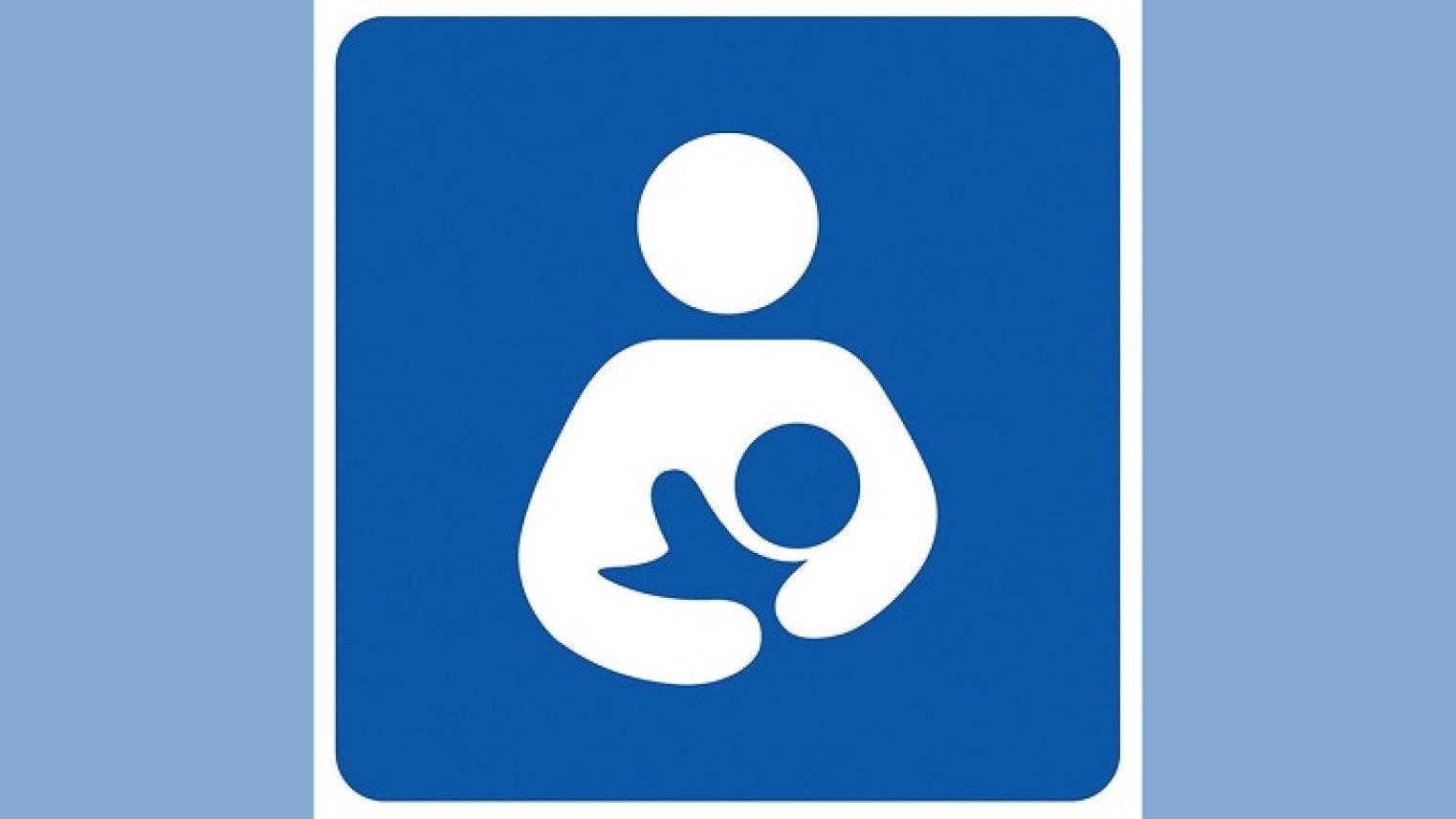Breastfeeding should be recognized in economic statistics, and investments in breastfeeding seen as a carbon offset in global financing arrangements for sustainable food systems.
Policy-makers need to rethink the connections between the economy and health. The World Health Organization (WHO) Council on the Economics of Health for All has called for human and planetary health and well-being to be moved to the core of decision-making to build economies for health. Doing so involves valuing and measuring what matters, more and better health financing, innovation for the common good and rebuilding public sector capacity.
Julie builds on this thinking to argue that breastfeeding should be recognized in food and wellbeing statistics, while investments in breastfeeding should be considered a carbon offset in global financing arrangements for sustainable food, health and economic systems.
Breastfeeding women nourish half the world’s infants and young children with immense quantities of a highly valuable milk. This care work is not counted in gross domestic product or national food balance sheets, and yet ever-increasing commercial milk formula sales are counted. Achieving global nutrition targets for breastfeeding would realize far greater reductions in greenhouse gas emissions than decarbonizing commercial milk formula manufacturing. New metrics and financing mechanisms are needed to achieve the health, sustainability and equity gains from more optimal infant and young child feeding.
Properly valuing crucial care and environmental resources in global and national measurement systems would redirect international financial resources away from expanding carbon-emitting activities, and towards what really matters, that is, health for all. Doing so should start with considering breastfeeding as the highest quality, local, sustainable first-food system for generations to come.
About the speaker
Dr Julie Smith is an Honorary Associate Professor and awarded Australian Research Council Future Fellow at ANU. Her research focusses on economic and environmental aspects of breastfeeding and markets in mothers’ milk.
She has advised the US Surgeon-General Office and WHO, and conducted evidence reviews for WHO and the Australian Department of Health. She has worked extensively with civil society organisations, and recently led development of the Mothers’ Milk Tool and the Green Feeding Tool with Alive & Thrive East Asia Pacific.
Dr Smith was previously a senior economist in the Australian and New Zealand governments working on economic policy, taxation, and water markets.
COVID protocols
The ANU strongly encourages you to keep a mask with you at all times (for use when COVID-19 safe behaviours are not practicable) and to be respectful of colleagues, students and visitors who may wish to continue to wear one. Please continue to practice good hygiene. If you are unwell, please stay home. The ACT government’s COVID Smart behaviours can be accessed here.
This seminar presentation is a dual-delivery event. Registration is only required for Zoom attendance; registration for in-person attendance is not required as neither the ANU nor ACT Health conduct contact tracing any longer.
If you require accessibility accommodations or a visitor Personal Emergency Evacuation Plan please email regnet.communications@anu.edu.au.
Image credit: International Breastfeeding symbol from flickr by Rob, used under CC BY-NC-ND 2.0 licence.
